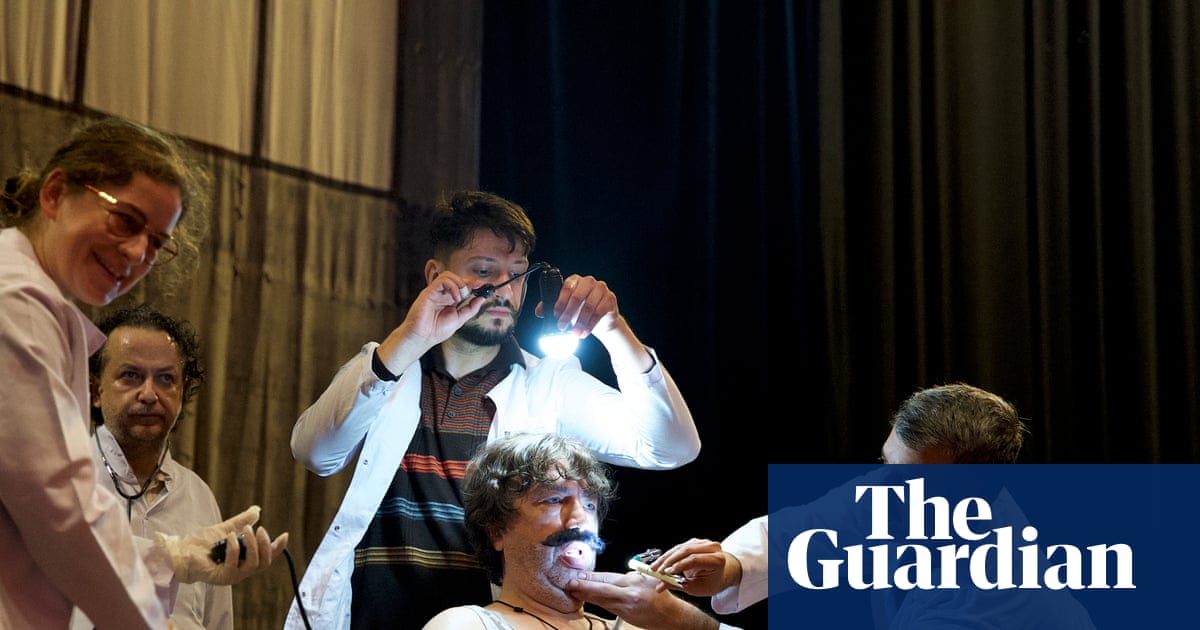
"Few people have done more to change the way postwar Germany looks at itself than Levent Ali Sigirlioglu. A 1985 bestselling book detailing the inhumane working conditions and everyday racism that the 26-year-old Turkish migrant worker endured at Ruhr valley steel plants, asbestos-infested building sites and fast-food restaurants was the first to expose the dark underbelly of a booming postwar economic revival. The only catch is that Ali was not a young Turk at all, but a then 43-year-old white German."
"Gunter Wallraff, a journalist famed for his deep-cover investigative journalism, had spent two years living as guest worker Ali, hiding his true identity at the workplace with a black wig and darkened contact lenses. Of course I wasn't a real Turk, he wrote in a foreword to Ganz Unten (Lowest of the Low), But sometimes you have to put on a mask to unmask a society."
"It dwells less on the precarious labour conditions that Wallraff's reportage portrayed in painstaking detail: the temporary employment agencies that acted as de facto human traffickers, demanding inhumane working hours of Ali and his colleagues and offering them irregular pay and insufficient safety equipment in return. Instead, it discovers miniature Brechtian vignettes in Ali's everyday encounters, such as with the funeral"
Gunter Wallraff disguised himself as Levent Ali Sigirlioglu, a Turkish guest worker, and spent two years undercover in German workplaces. In 1985 he published Ganz Unten, revealing inhumane working conditions and everyday racism at Ruhr valley steel plants, asbestos-infested building sites and fast-food restaurants. Wallraff concealed his identity with a black wig and darkened contact lenses. Forty years later a new docu-opera revisits the episode, interrogates charges of brownfacing and cultural appropriation, and shifts focus from detailed labour reportage to Brechtian vignettes of Ali's everyday encounters.
Read at www.theguardian.com
Unable to calculate read time
Collection
[
|
...
]